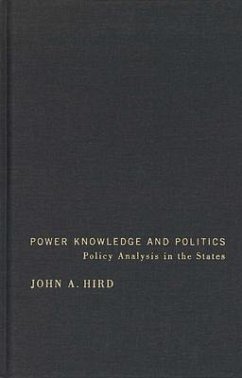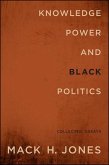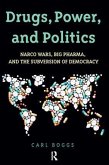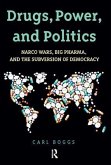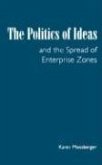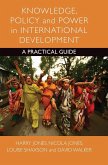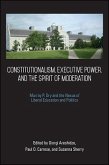In a unique comparative focus on state policy, "Power, Knowledge, and Politics" dissects the nature of the policy institutions that policymakers establish and analyzes the connection between policy research and how it is actually used in decision making. Hird probes the effects of politics and political institutions--parties, state political culture and dynamics, legislative and gubernatorial staffing, partisan think tanks, interest groups--on the nature and conduct of nonpartisan policy analysis. Through a comparative examination of institutions and testing theories of the use of policy analysis, Hird draws conclusions that are more useful than those derived from single cases. This thoroughly comprehensive look at policymaking at the state level concludes that nonpartisan policy analysis institutions can play an important role--as long as they remain scrupulously nonpartisan.

